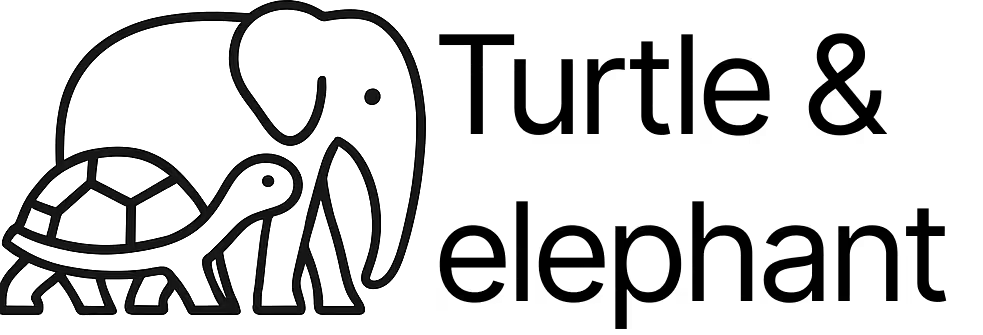
On writing -
Editor Sir Harry Evans on when use of passive tense can confuse meaning:
''The moon was landed on by Neil Armstrong today''.
Source: Do I Make Myself Clear? Why Writing Well Matters, p.95.
On how use of the passive can obscure accountability in writing
While use of the passive tense in writing can create further aesthetic distance from the text and contribute to objectivity, it can also obscure, rather than clarify, who is taking the action.
When using passive instead of active tense, it can be easier to communicate the action being done without mentioning the person who did the action. For example, if someone wants to take a decision but is uninterested in being blamed for its potential failure they can fall to phrases such as 'it was decided to/that' as opposed to 'Gregory decided to/that'. This can make it easier for said individual (Gregory) to evade being linked and accountable to the outcome. Of course, this risk is also on Gregory- it could then make it harder for him to claim credit should it work out. This dynamic can be seen in how the passive v active tense is used around us on a daily basis. As Evans (2017) calls it - 'bureaucrats, lawyers, business executives and academics are recidivists, habitual perpetrators of the passive without plausible excuse'.
As a general rule, the active voice is more likely to bring the person doing the action and the action more clearly together.
Something to practice
When writing, be aware if you are using the active or passive voice, and consider if it is clouding your point, or helping you to communicate it more succinctly.
Ready to Learn With Others?
The Skool Community Is Waiting
No pressure. No noise. Just clear learning and good people.





Latest Insights
Practical Advice for Students and Families
Real-world learning tips, expert writing strategies, and behind-the-scenes stories from our tutoring experience.
.jpg)
TeachED: AI Feedback on Writing and Marking: Helpful Coach or Unreliable Judge?

Another Useful Social Science Resource: Our World in Data
.jpg)
